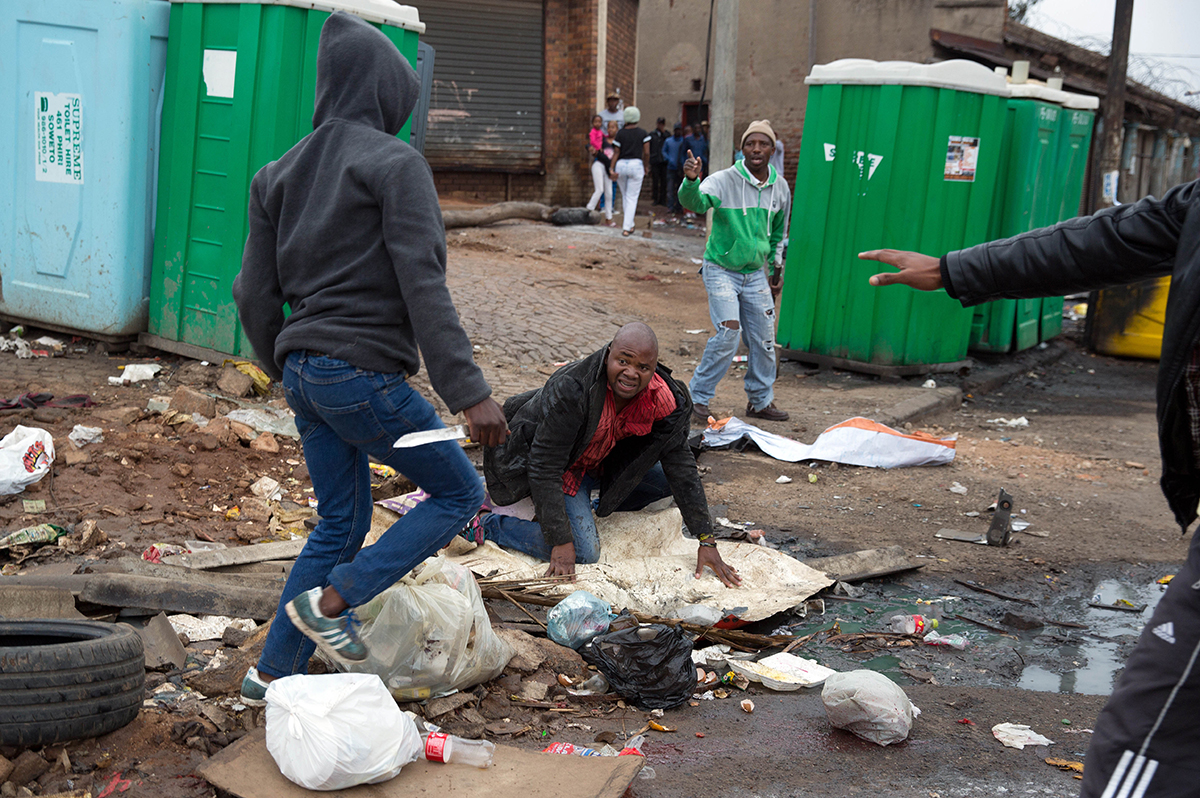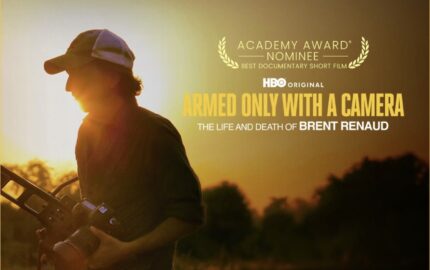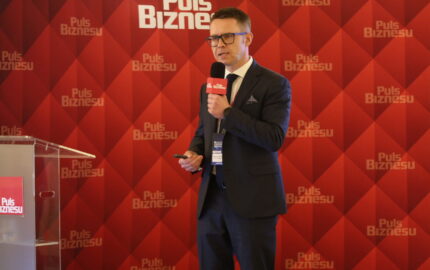He's dead. We can't take him," the hospital porter said.
"Brother! Brother! Wake up brother! Wake up!" I willed the man in the scarlet shirt, sitting lifeless in the bloodied backseat. His head rested on his right shoulder, his hands open in his lap.
The truth? When he collapsed in a gutter alongside the ubiquitous shacks in Johannesburg's oldest black township, Alexandra, I didn’t know if we should help him.
Photographer James Oatway and I had seen the man in the scarlet shirt (who we later identified as Mozambican Emmanuel Sithole) run, holding up his hands, pleading as the four young South African men caught up with him. James was no more than five meters away as they circled him. One held a wrench. Another, more menacingly, expertly held a knife up high, waiting for an opportunity to use it. "Are we safe here?" A woman asked as we watched from across the road.
When the man collapsed in that gutter, succumbing to his wounds, we loaded him into the car and raced to a nearby clinic. But the doctor had not arrived that day. A foreign national, he had refused to enter the township, fearing that he too would be a victim of the xenophobia sweeping through the country once again.
So we raced to the hospital farther away, with Emmanuel wincing, flailing in the backseat. And now I was screaming, willing him to show us a sign of life. “Wake up brother!”
I’d been there before, in 2008, when I watched the gruesome murder of another Mozambican national, Ernesto Nhamuave, who was beaten, stabbed, and set alight by a xenophobic mob.
As a journalist I’d always been clear about my role. I observe, never participating, notebook in my back pocket, seamlessly melting in with the crowd and offering you a perspective, a glimpse from within. But I never participate. One of the many advantages that this offered me was that I never internalized the horrors (and the joys) that sometime come with this line of work. I experience empathy, yes, but the truth is that I’m never really there.
With a man’s life hanging so precariously in the balance, I stopped being the journalist I thought I was
However, in that moment, with a man’s life hanging so precariously in the balance, I stopped being the journalist I thought I was. And then, in that backseat, Emmanuel twitched. “He’s alive!” I said.
The doctors at the next hospital worked furiously, pumping air into his body, massaging his heart, but to no avail. A little more than 30 minutes later, Emmanuel was dead.
The story and pictures ran on the front page of the Sunday Times, a national paper based in Johannesburg, and a day later Emmanuel’s alleged killers were apprehended. The Twitterati and the smaller percentage of our population with access to popular media distanced themselves from the xenophobic madness. They marched, held candlelight vigils. “Not us,” they seemed to say. “The people involved in #xenophobicattacks are not on Twitter,” tweeted Nieman alum and former Financial Mail editor Barney Mthombothi.
And so I set out to find out why these four young men, aged 17-21, would so mercilessly attack a man and kill him. My journey took me into the bowels of apartheid engineering, with young men stolen from their homes to work in mines, where families are torn asunder, and rural homes where battered bodies go to die. It is a story of colonial barbarism, land expropriation and racism, the remnants of which persist to this day. It’s a journey that took me from Alexandra to the most rural, decrepit parts of South Africa and Mozambique.
Emmy Award-winning documentary filmmaker of “Miners Shot Down,” Rihad Desai recently told me that events are so much more dramatic in the global south because the stakes are so much higher. I’ve reflected on that and increasingly realized that my purist views of journalism are not appropriate to our current condition. For us, especially as Africans, we need to engage in participatory journalism in order to effect the change we strive for and is so desperately required.
Beauregard Tromp and James Oatway were awarded The Vodacom South African Journalist of the Year Award. They also picked up the South African Print Journalist and South African Photographer of the Year Awards, respectively.



